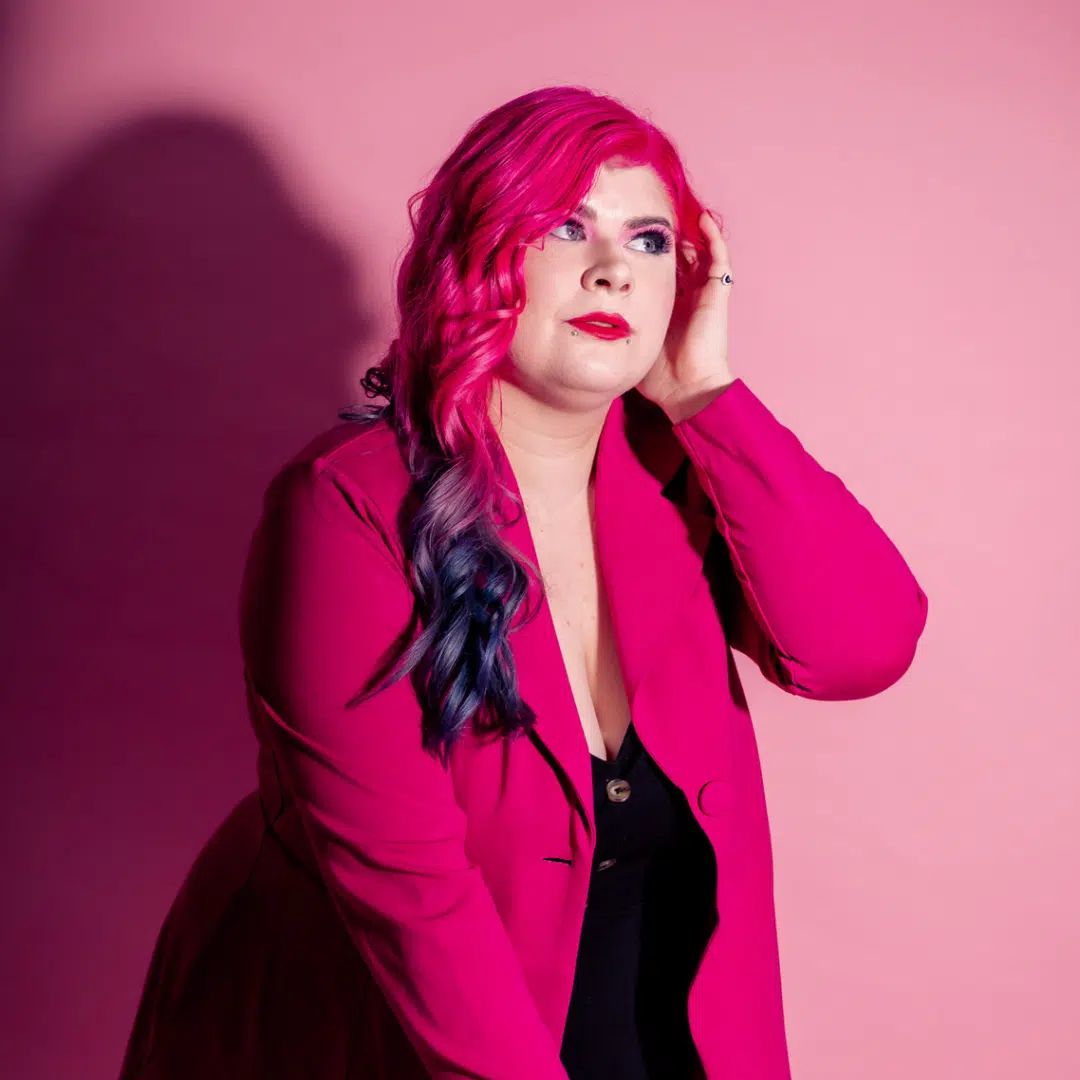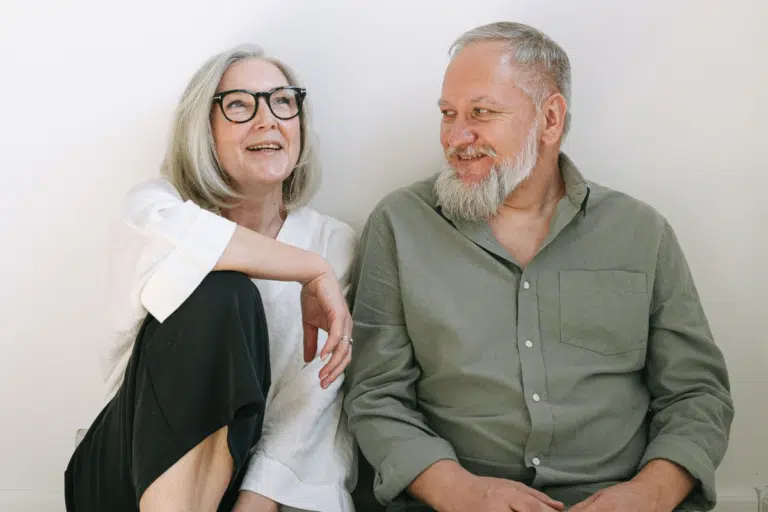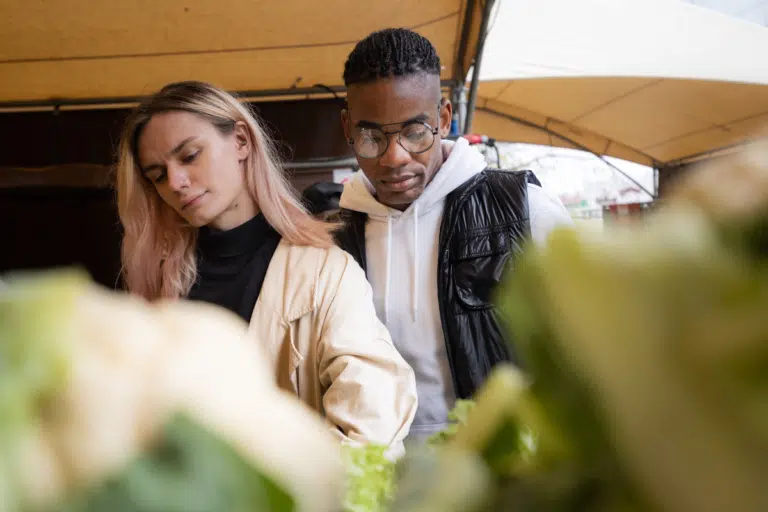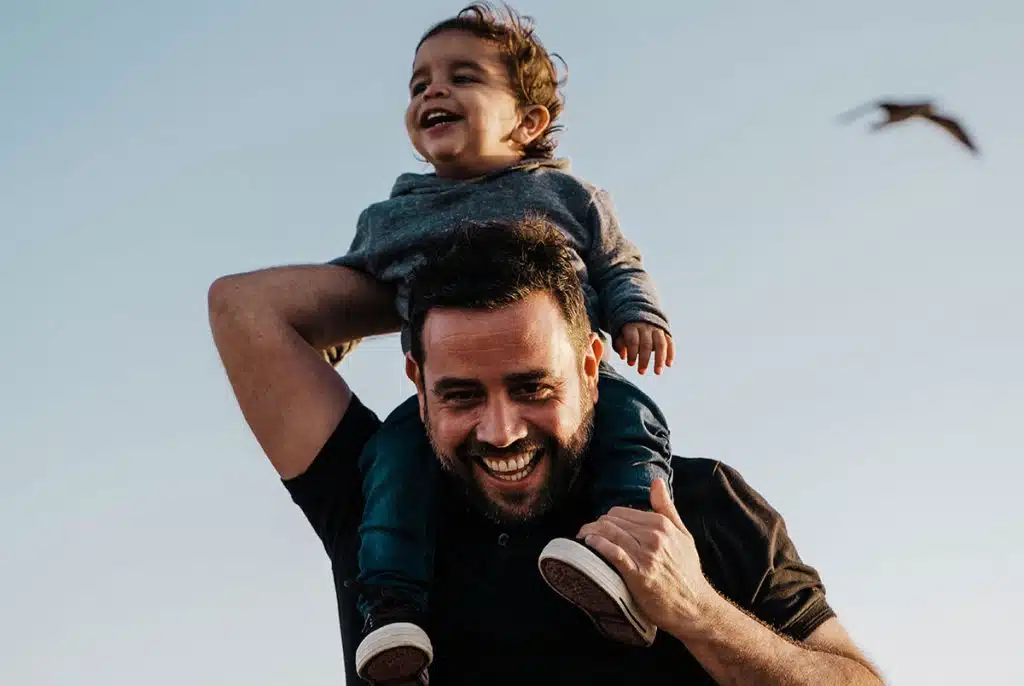Người ta ước tính rằng người Úc mất khoảng $25 tỷ đô la trong các hình thức cờ bạc hợp pháp mỗi năm – tổn thất bình quân đầu người lớn nhất thế giới. Ngoài tác động về tài chính, cờ bạc cũng có thể gây ra những tổn thất lớn về mặt cảm xúc và tâm lý cho cá nhân và những người thân yêu của họ.
Một số lượng bằng chứng ngày càng tăng đang cho thấy mối liên hệ giữa vấn nạn cờ bạc và bạo lực gia đình.
Trong một Nghiên cứu năm 2018 đã phỏng vấn hơn 4.000 người, các nhà nghiên cứu phát hiện ra rằng những người có bất kỳ mức độ nào về vấn đề cờ bạc đều có khả năng sử dụng bạo lực đối với thành viên gia đình hoặc bạn đời cao gấp hai lần. Không chỉ vậy, những người có vấn đề cờ bạc cũng có nhiều khả năng là nạn nhân sống sót của bạo lực gia đình và gia đìnhĐiều này cho thấy rằng việc xem hành vi cờ bạc là một yếu tố nguy cơ tiềm ẩn gây ra bạo lực gia đình là rất quan trọng.
Thật không may, đối với nhiều người, có thể khó biết khi nào cờ bạc là một vấn đề. Nếu ai đó mua vé số cào mỗi tuần hoặc chơi máy đánh bạc với bạn bè thì có vấn đề gì không?
Theo Sian – của chúng tôi Quản lý chương trình an toàn gia đình – cuộc đấu tranh này là kết quả của việc bình thường hóa cờ bạc trong nền văn hóa của chúng ta.
Bà giải thích: “Có thể rất khó để một người phân biệt được mình là người tham gia cờ bạc ở mức 'bình thường' hay là người có hành vi cờ bạc có vấn đề”.
Cờ bạc có thể ảnh hưởng đến con người và các mối quan hệ của họ như thế nào?
Một nghiên cứu toàn diện về cờ bạc và bạo lực gia đình đã xác định được một số tác động đáng lo ngại:
- Cảm giác bị phản bội, không tin tưởng và thiếu tin tưởng khi biết được thói quen cờ bạc của đối tác.
- Mọi người dành ít thời gian hơn cho gia đình hoặc bỏ bê trách nhiệm gia đình.
- Nhấn mạnh, căng thẳng và đổ lỗi trong mối quan hệ liên quan đến hành vi cờ bạc hoặc thua lỗ.
- Hành vi kiểm soát hiện tại đối với đối tác đang trở nên tồi tệ hơn – điều này có thể bao gồm việc ép buộc đối tác đưa tiền cho họ sau khi thua cược.
- Do hiện có hoặc lạm dụng tài chính ngày càng trầm trọng, nạn nhân sống sót cảm thấy bị mắc kẹt trong mối quan hệ của họ và không thể thoát ra.
- Bạo lực ngày càng trở nên tồi tệ hơn, xét về mức độ nghiêm trọng và tần suất xảy ra, trong đó hành vi cờ bạc thường xảy ra trước bạo lực.
- Sau khi rời khỏi một mối quan hệ, mọi người vẫn tiếp tục phải chịu sự lạm dụng tài chính từ các khoản nợ cờ bạc mang tên họ.
Grace, Chuyên gia thực hành an toàn gia đình của Relationships Australia NSW, cho biết hành vi cờ bạc có thể trở thành một yếu tố trong hành vi lạm dụng của một người.
Grace cho biết: “Ví dụ, một người nghiện cờ bạc có thể bỏ bê trách nhiệm của mình với tư cách là bạn đời hoặc cha mẹ, hoặc gây thêm căng thẳng về tài chính cho gia đình”.
“Nếu một người che giấu hành vi hoặc các khoản nợ phát sinh với đối tác hoặc gia đình, điều này cũng có thể làm tăng cảm giác xấu hổ của họ - điều này có thể ngăn cản họ nói ra hoặc tìm kiếm sự giúp đỡ.”
Vai trò giới tính truyền thống có thể làm trầm trọng thêm các vấn đề, chẳng hạn như đàn ông "chịu trách nhiệm" về tài chính và ra quyết định, hoặc thiếu tôn trọng phụ nữ.
Sian cho biết: “Những người sử dụng bạo lực thường có cảm giác được hưởng quyền lợi, thường gắn liền với ý niệm về vai trò giới tính trong các mối quan hệ”.
“Trong bối cảnh cờ bạc, điều này có thể nuôi dưỡng một câu chuyện rằng hành vi này không phải là xấu. Ví dụ, họ có thể nghĩ: 'Tôi làm việc chăm chỉ và kiếm được tiền, vì vậy tôi nên có thể chi tiêu theo ý mình'.”
Nạn nhân sống sót và việc họ sử dụng cờ bạc
Như đã xác định trong nghiên cứu năm 2018, bất kỳ ai cũng có thể gặp phải vấn đề cờ bạc, bao gồm cả nạn nhân sống sót sau bạo lực gia đình và gia đìnhTrong nghiên cứu của họ, gần 16% nạn nhân sống sót đã sử dụng “địa điểm cờ bạc” làm nơi trốn thoát khỏi bạo lực do bạn đời gây ra.
Các nghiên cứu khác củng cố mối liên hệ này, cho thấy cờ bạc và DFV thường xảy ra đồng thời. Năm 2014, trong số 463 người tham gia dịch vụ trợ giúp cờ bạc tại Úc, 27% báo cáo đã trải qua bạo lực gia đình và bạo lực thể xác trong năm qua, với tỷ lệ cao hơn đáng kể ở phụ nữ (38%) so với nam giới (21%). Một nghiên cứu riêng biệt năm 2015 đã phát hiện ra rằng 20% người tìm kiếm sự điều trị cho vấn đề cờ bạc cũng đã trải qua DFV, một lần nữa tỷ lệ này lại cao hơn ở phụ nữ.
Ngoài ra, thói quen cờ bạc cũng có thể là một phương pháp đối phó.
“Các triệu chứng của chấn thương cực kỳ khó chịu”, Sian nói. “Cờ bạc có thể là một hình thức trốn thoát, vì nó có thể mang lại cảm giác dễ chịu, truyền hy vọng và mang lại sự tập trung cao độ vào hoạt động cờ bạc, có thể giúp giảm nhẹ tạm thời hoặc tránh hoặc tách khỏi các triệu chứng chấn thương”.
Trong một số trường hợp, nạn nhân có thể gặp khó khăn về tài chính, khiến họ dễ tham gia vào các hoạt động cờ bạc hơn vì họ hy vọng sẽ kiếm được lợi nhuận.
Không làm một mình
Cho dù bạn hoặc người thân của bạn đang sử dụng bạo lực và cờ bạc, thì vẫn luôn có sự giúp đỡ và hỗ trợ chuyên nghiệp.
Chúng tôi hiểu rằng mọi người có thể cảm thấy xấu hổ khi tìm đến sự giúp đỡ, cả những người sử dụng bạo lực và những người sống sót sau khi bị bạo lực, nhưng chúng tôi ở đây để cung cấp dịch vụ chăm sóc bảo mật và không phán xét.
Tại Relationships Australia NSW, chúng tôi đã đầu tư tìm hiểu thêm về mối liên hệ giữa cờ bạc và bạo lực gia đình để hỗ trợ khách hàng tốt hơn.
Trong Hunter-based của chúng tôi Chương trình thay đổi hành vi của nam giới, dành cho những người đàn ông sử dụng bạo lực trong mối quan hệ thân mật của họ, nhân viên của chúng tôi đã được đào tạo với Đánh bạc có ý thức. Nhờ có nhiều kỹ năng và hiểu biết hơn trong lĩnh vực này, tình trạng cờ bạc đã được báo cáo thường xuyên hơn, đặc biệt là bởi những nạn nhân sống sót.
Grace giải thích: “Chương trình này làm việc riêng với từng nam giới để hiểu hoàn cảnh, hành vi và những hành vi và tình huống rủi ro của họ, chẳng hạn như cờ bạc”.
“Chúng tôi cũng làm việc trực tiếp với bạn đời và các thành viên gia đình của những người đàn ông trong chương trình để hiểu được mối quan tâm cũng như cảm giác an toàn và hạnh phúc của họ trong mối quan hệ này.”
Ngoài các dịch vụ của chúng tôi, bạn có thể liên hệ với:
- Đường dây cứu sinh: 13 11 14
- Đánh bạc có ý thức: 1800 858 858
- Dịch vụ giới thiệu dành cho nam giới: 1300 766 491
- 13 Sợi: 13 92 76
- Q Cuộc sống: 1800 184 527
Mối quan hệ Australia NSW cung cấp một loạt các hỗ trợ bạo lực gia đình dịch vụ dành cho những người bị bạo lực gia đình, cũng như chương trình thay đổi hành vi nam giới cho những người sử dụng bạo lực trong các mối quan hệ của họ. Hãy liên hệ với chúng tôi để thảo luận bí mật về cách chúng tôi có thể hỗ trợ bạn.
Zoe Simmonslà một nhà báo khuyết tật từng đoạt giải thưởng, người viết quảng cáo, diễn giả, tác giả và ủng hộ. Sử dụng kinh nghiệm sống của mình là một người mắc bệnh mãn tính, đồng tính, khuyết tật tự kỷ với bệnh tâm thần phức tạp, Zoe viết—và nói—để làm cho thế giới trở thành một nơi tốt đẹp hơn. Bạn có thể tìm hiểuthêm về Zoe trên trang web của cô ấy, hoặc theo dõi cô ấy trênFacebook, Instagram,Twitter,LinkedInhoặcTikTok.
Dịch vụ & Hội thảo liên quan

Hội thảo nhóm.cá nhân.Tổn thương
Lựa chọn và Thay đổi của Phụ nữ
Chương trình này là một nhóm hỗ trợ bạo lực gia đình miễn phí cho phụ nữ. Các nhà trị liệu gia đình của chúng tôi cung cấp một không gian an toàn và chu đáo để chia sẻ và học hỏi từ những người khác hiểu được trải nghiệm của bạn. Các kỹ năng và chiến lược được cung cấp để giúp bạn tiến lên trong cuộc sống của mình.
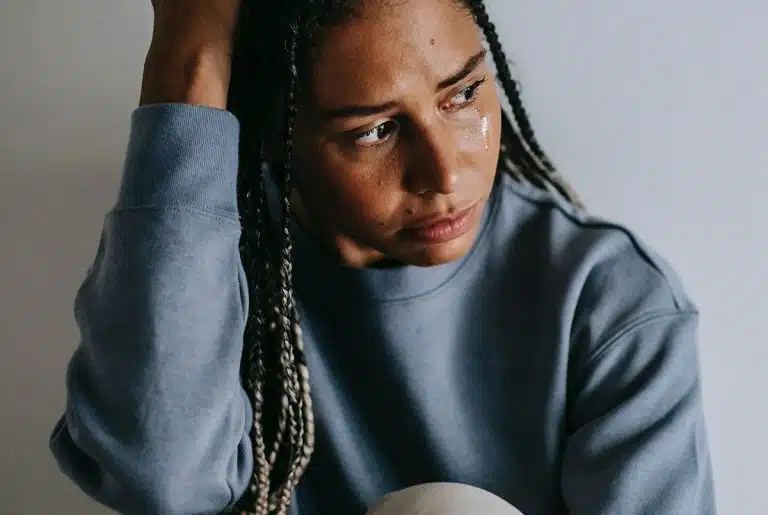
tư vấn.cá nhân.Tổn thương
Tư vấn bạo lực gia đình
Tất cả chúng ta đều có quyền cảm thấy an toàn. Thực hiện những bước đầu tiên để nói chuyện với ai đó về bạo lực gia đình và gia đình có thể gây mâu thuẫn và choáng ngợp. Tại Mối quan hệ Úc NSW, chúng tôi cung cấp hỗ trợ bạo lực gia đình từ bi, thấu hiểu và bí mật cho các nạn nhân.

Dịch vụ phù hợp.cá nhân.bạo lực gia đình
Chịu trách nhiệm – Chương trình Thay đổi Hành vi của Nam giới
Một chương trình chuyên sâu bao gồm hỗ trợ làm việc cá nhân và chương trình nhóm kéo dài 18 tuần nhằm giúp nam giới đưa ra những lựa chọn phù hợp với giá trị và ý định của họ nhằm phát triển các mối quan hệ an toàn và tôn trọng.



